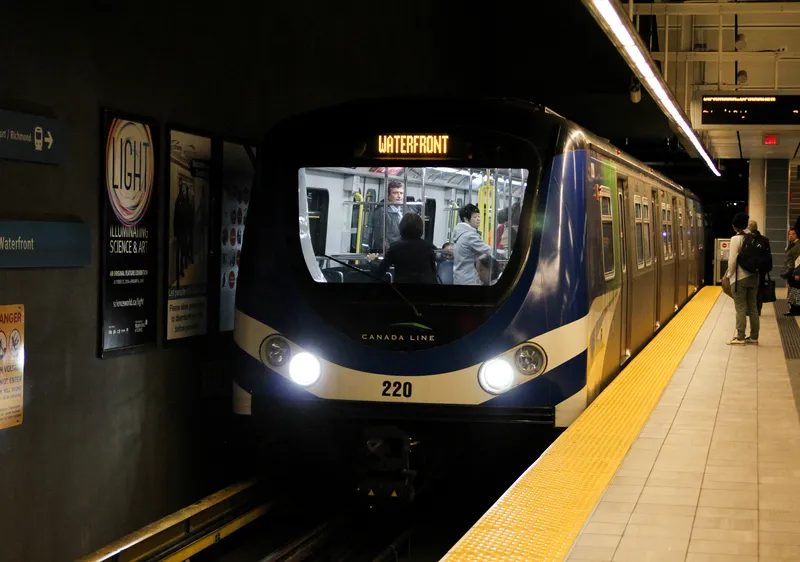Siemens has been commissioned by the Acciona-Odebrecht construction consortium to electrify the entire Metro Line 1 in the Ecuador capital, Quito. Line 1 is intended to improve daily commuting in the city, since it will provide direct routes from north and south of the city into the downtown area and historical city centre. The line is scheduled to begin passenger service in summer 2019.
The city's first metro line will run over 20 kilometres through the city and operate at an elevation of more than 2,80
October 21, 2016
Read time: 2 mins
The city's first metro line will run over 20 kilometres through the city and operate at an elevation of more than 2,800 metres above sea level. Siemens will be responsible for the complete electrification of the new double-track Metro Line 1 that will connect the northern and southern parts of the city with 15 stations. The scope of the project includes about 46 kilometres of rigid catenary, six kilometres of flexible catenary, eleven traction power supply stations, 29 auxiliary power supply stations, and the SCADA (Supervisory Control and Data Acquisition) system for monitoring and controlling the traction power supply.
The new rail system is an important step in the modernisation of the city and is expected to transport more than 350,000 passengers a day when completed. The city's current heavy volume of traffic regularly leads to traffic jams and smog. By providing a more environmentally friendly mass transit system, the city expects to reduce CO2 emissions by up to 30,000 tons a year.








